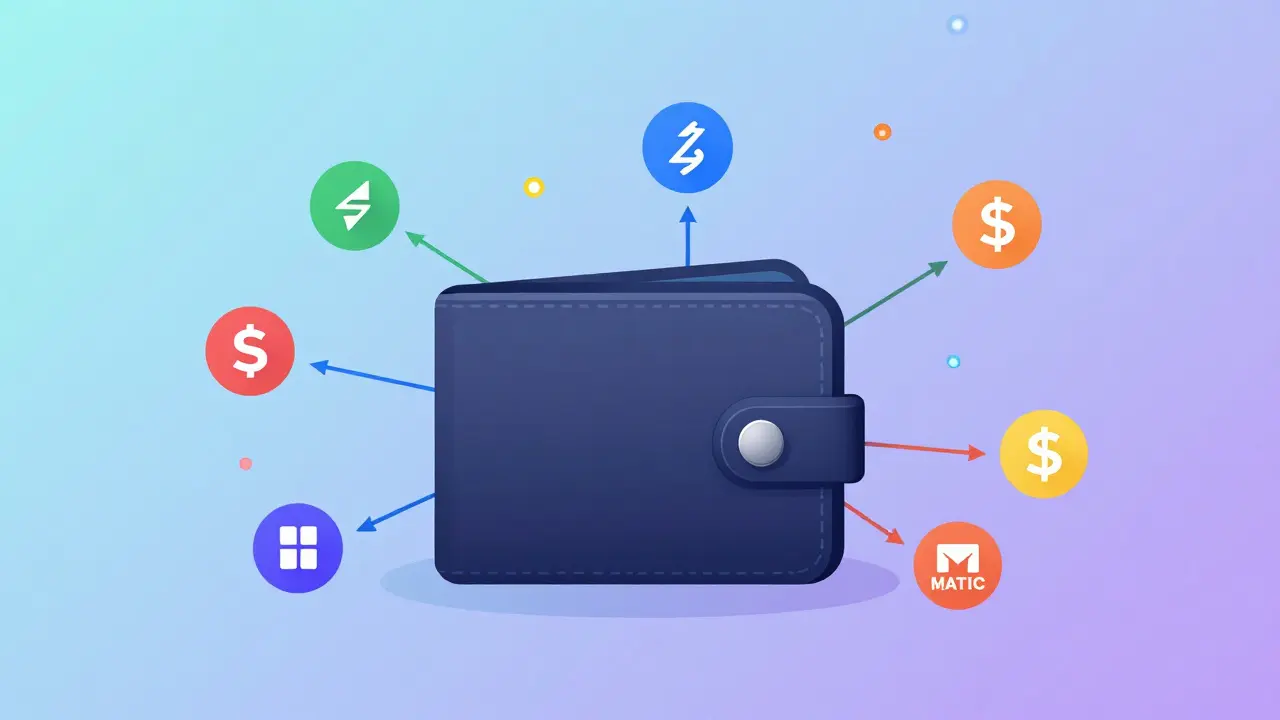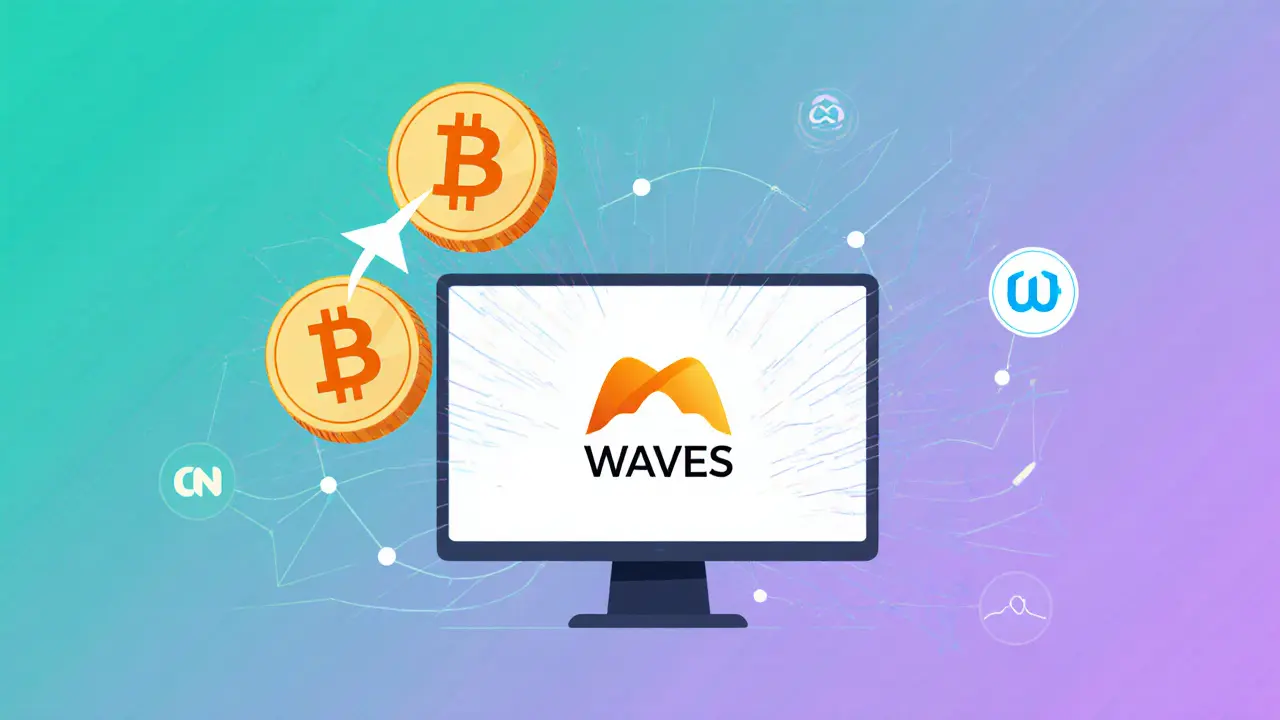DEX Aggregator: What It Is and Why It Matters for Crypto Traders
When you trade crypto on a DEX aggregator, a tool that searches multiple decentralized exchanges to find the best price for your trade. Also known as swap router, it acts like a smart broker that compares prices across platforms like Uniswap, SushiSwap, and Curve to save you money on every swap. Instead of manually checking each DEX, a DEX aggregator does the work for you—finding the path with the lowest slippage, best rate, and least gas cost. This isn’t just convenient; it’s critical when you’re trading large amounts or volatile tokens where even 1% slippage can cost you hundreds.
Most DEX aggregators rely on Uniswap, the most widely used decentralized exchange on Ethereum and other chains as one of their main liquidity sources. But they also tap into smaller DEXs, AMMs, and even cross-chain bridges to pull in deeper pools. That’s why you’ll see trades routed through multiple steps—like swapping ETH to USDT via Uniswap, then using SushiSwap to get the final rate. It sounds complex, but the user only clicks once. Behind the scenes, the aggregator uses algorithms to calculate the optimal route, often splitting your trade across several platforms to minimize impact on the market.
Not all DEX aggregators are built the same. Some focus on Ethereum, others on Layer 2s like Arbitrum or Celo. A few even support cross-chain swaps, letting you trade from Solana to Polygon without leaving your wallet. But the ones that stand out are transparent about fees, show real-time price comparisons, and don’t hide hidden costs. That’s why posts on this site dig into specific platforms like Wagmi (IOTA EVM) or HB DEX—not because they’re aggregators, but because they’re examples of what happens when you skip them. Those platforms offer limited pairs and zero routing options. You’re stuck with whatever price they give you, even if it’s 15% worse than what another exchange offers.
Using a DEX aggregator doesn’t mean you’re giving up control. You still choose your tokens, set your slippage tolerance, and approve the transaction. It just removes the guesswork. And in a market where timing and price matter more than ever, that’s not a luxury—it’s a necessity. Whether you’re swapping stablecoins on Celo or testing a new token on Blast, a good aggregator saves you time, money, and stress.
Below, you’ll find real reviews of platforms that either use or ignore aggregation logic. Some are dead ends with zero volume. Others are clever tools that quietly outperform the big names. You’ll learn what to avoid, what to test, and how to spot the difference between a true aggregator and a fake one pretending to be one. No fluff. Just what works—and what doesn’t—in 2025.
OpenOcean Crypto Exchange Review: Cross-Chain Swaps, Fees, and Real Performance in 2026
OpenOcean is a non-custodial DEX aggregator that finds the best cross-chain crypto swaps across 19+ blockchains. With 0.1% fees and gas refunds for OOE stakers, it’s ideal for retail traders who swap tokens like ETH, SOL, and BNB without leaving their wallet.
Details +Puzzle Swap Crypto Exchange Review: Is It Worth It for Waves Ecosystem Traders?
Puzzle Swap is a specialized DEX aggregator for the Waves blockchain, offering optimized trades across DeFi platforms like Swop.fi. It's ideal for Waves users but lacks audits and multi-chain support.
Details +
